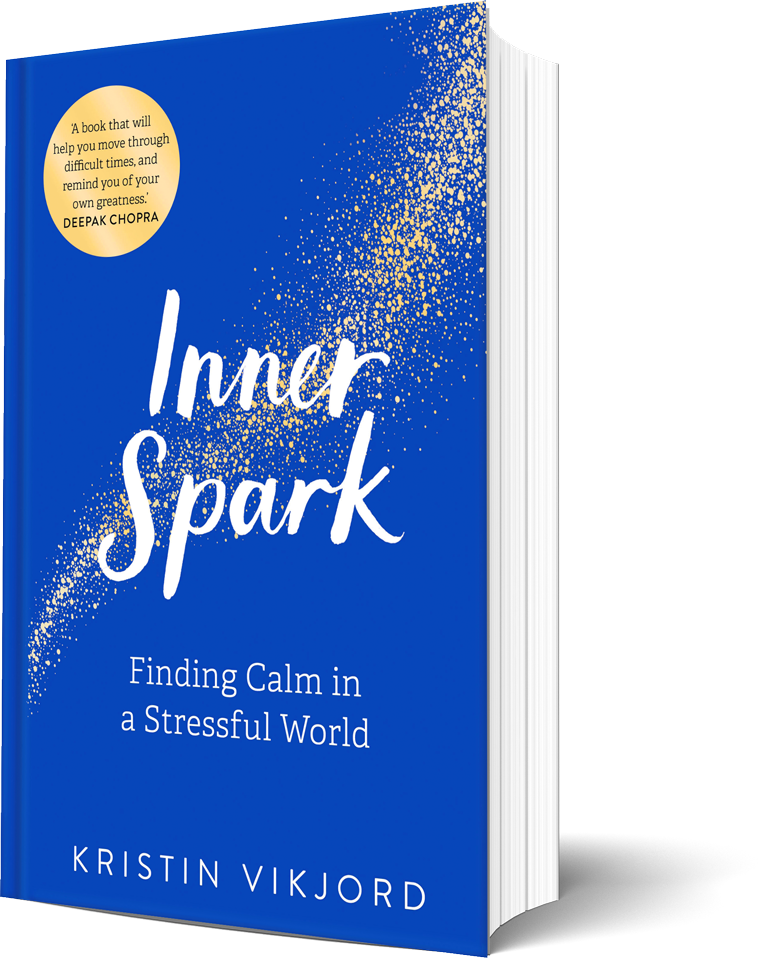08 Dec Yogic or not yogic
In conversations with fellow yoga teachers, or students of yoga, one topic is always seem to come up: who is being yogic, and who is not. Lastly the assumption of expressing anger is not yogic, came up. The subsequent question being, what is yogic?
First of all, expressing anger or any emotion is not NOT yogic. Being yogic entails having an awareness of what is moving within at a given moment. Example: I feel angry. I feel joy. I’m having a thought that is related to a memory of a previous experience, and this makes me feel in a certain way. The point being, what we feel, think, or sense are parts of who we are, not the whole story. Its easy to confuse for example what we feel or think with who we are in total. Often a feeling comes out as being; we say “I am sad” instead of “I feel sad”, or “I’m thinking about something sad”. So, expressing anger or an other emotion, doesn’t make you less or more yogic. The practice of yoga lies in noticing what emotion is being present, and how it manifests itself within you, and interacting with your surroundings.
Like with anything else in life, we go through the process of individualisation and identification through categorizing ourselves and the world we are in. Sometimes we get stuck in these categorizations. Even moving into yoga and becoming a teacher confronts the same pattern. As a teacher of yoga, is it imperative to be vegetarian?, or to look like you’ve just returned from Indian or having that Venice Beach yoga glow? Is it important how many years you have practiced yoga, or who your teacher is? Does it matter how many teacher trainings you did, or if you lived in an ashram? What makes someone more yogic than another? Whatever label or form we put on ourselves or things we do, they we all be an illustration of the kleshas, or pre-conditioned thought patterns, we use as a trace in the categorization of our Self. Yoga practice can give us awareness about our kleshas.
Same as the abovementioned example; “I am a yoga teacher, or “I am a yoga student”. This formulation makes us attach and cling to the image of being a yoga teacher. As my dear friend and yogi Kirsten Drooger said: “For me its important to say that I teach yoga, not that I am a yoga teacher. Its part of the practice”. I think Kirsten has a very good point. In the same way as we feel an emotion, or think a thought, we teach yoga, or study a subject. All aspects make parts of who we are, and practicing awareness of what is present can give us insight in who we are, also.
What are your thoughts on this subject? What is yogic according to you?



